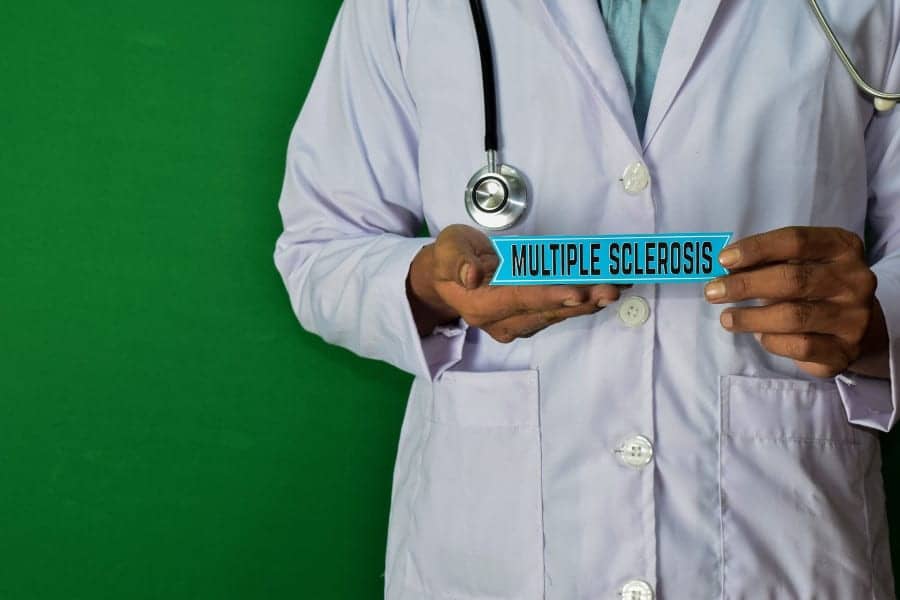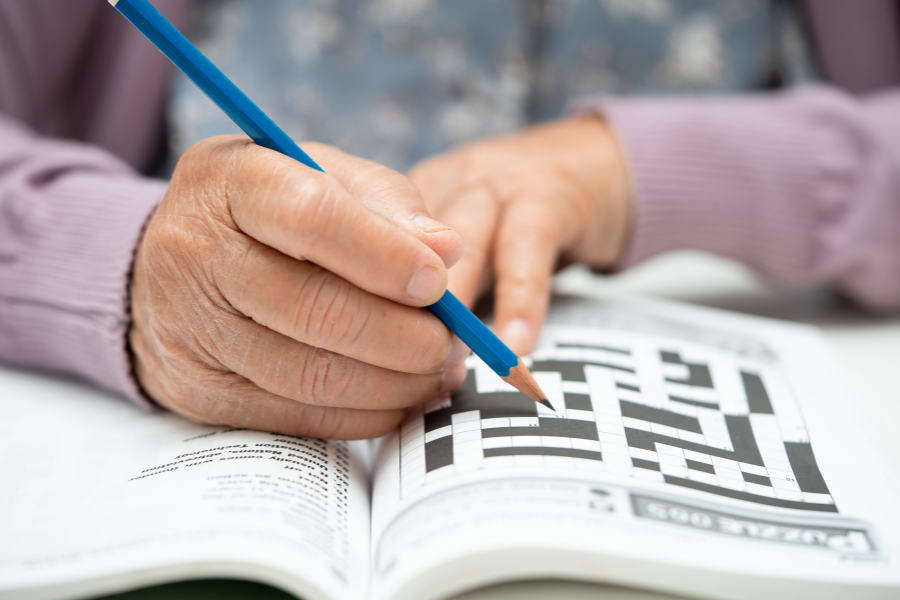We all know how important sleep is for feeling energized and focused during the day. But did you know that sleep plays a critical role in keeping your immune system strong?
When you don’t get enough rest, it’s not just your energy levels that take a hit. Sleep deprivation can weaken your immune responses, making your body more vulnerable to infections and illnesses.

Sleep and the Immune System
Your immune system is your body’s defense mechanism, constantly working to fight off harmful invaders like bacteria, viruses, and other pathogens. Sleep provides an essential reset for this system, ensuring immune cells function effectively when they’re needed most.
One key process that happens during sleep is the production of cytokines. Cytokines are signaling molecules that aid in communication between immune cells. They are especially vital for triggering inflammatory responses to fight infections or promote healing. When you’re sleep-deprived, cytokine production decreases, leaving your immune system less prepared to respond to threats.
Sleep also supports T-cell activity, which is critical for targeting and neutralizing pathogens. Studies show that T-cell function is diminished after even a single night of poor sleep. This is why something as seemingly simple as staying up late can make your body less capable of warding off illnesses.
Short-Term Effects of Sleep Deprivation on Immunity
The effects of sleep loss on your immune system can start almost immediately.
Here are a few ways even short-term sleep deprivation could impact your health:
Reduced Response to Illnesses
If you’ve noticed that you’re more likely to catch a cold or flu after a few sleepless nights, you’re not imagining things. Sleep deprivation reduces your body’s ability to produce infection-fighting antibodies, leaving you more susceptible to illnesses.
Weaker Vaccine Efficiency
People who don’t get enough sleep may not respond as well to vaccines. For instance, research suggests that sleep-deprived individuals produce fewer antibodies after receiving a flu shot, which may reduce the shot’s effectiveness.
Slow Recovery
Your body uses sleep time to repair and recover. When you’re ill or injured, sleep deprivation can delay the healing process, as your body struggles to generate the resources needed for recovery.
Long-Term Consequences for Your Immune Health
Chronic sleep deprivation can have even more severe consequences for your immune system and overall well-being.
Some long-term effects include:
Chronic Inflammation
Persistent lack of sleep can increase inflammation levels in your body, contributing to conditions like heart disease, diabetes, and autoimmune disorders.
Higher Risk of Chronic Illness
Over time, a weakened immune system due to inadequate sleep may leave you vulnerable to more severe diseases, including cancer.
Exacerbated Immune Aging
Continual sleep deprivation accelerates immune aging, making older adults particularly vulnerable to infections and diseases.
Conclusion
Sleep is not just a luxury, it’s a necessity for a strong and effective immune system. Without adequate rest, your body struggles to produce the immune responses necessary to fight off illnesses and recover properly. By prioritizing better sleep hygiene and understanding the impact of rest on your overall health, you can support your immune system and stay healthier in the long run.




